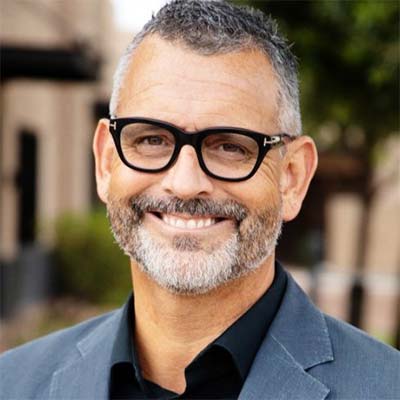Discussing end-of-life options with your parents, such as hospice care, can be one of the most difficult conversations you will have. While necessary, parents may not be ready to have the conversation or understand what hospice care entails. We’re going to share some advice on how to talk to your parents about this topic and how Aleca can provide you with the compassionate hospice care in Arizona that you and your parents need.
What is Hospice?
Hospice provides comfort care for patients with a severe illness who generally have six months or less to live without medical intervention.[1] Some patients with cancer or other terminal illnesses will decide to forego medical interventions to improve their conditions so they can have a better quality of life. Rather than focus on care to extend their life at a quality they may not enjoy, patients can choose to have a better quality of life, spending as much time as possible with their loved ones.
Discussing Hospice Options with Your Parents
Do Your Research First
Your parents will likely have a lot of questions about hospice care. You need to do your research so that you can answer them to the best of your ability. This can include questions about where the care will take place, what it will entail, and how it will impact them. Be honest with them; if you don’t have an answer, reassure them that you will find it for them.
Find the Right Time for the Discussion
Timing is everything, especially when it comes to conversations about end-of-life care. Choose a time when your parents don’t seem especially overwhelmed or emotional. Your conversation may not go as planned if they are not in the right mindset.
Discuss the Value of Hospice
Let your parents know how hospice care can help manage their symptoms and make them feel comfortable. Also, be sure that they are aware that hospice care allows them to spend time with their family members as much as possible.
Listen and Understand
While initiating the conversation, you also want to listen and be understanding. They may express fear or even anger at the situation. Listen to them and be understanding of their emotions and needs.
Ask Other Family Members to Help
If you feel you may need some help approaching a topic, ask a trusted family member to join the conversation. This person may be able to offer a different perspective and the support that everyone needs.
Emphasize Their Role in the Decision-Making Process
During the conversation, let your parents know that they will be part of the decision-making process about their hospice care. Depending on their condition, reassure them that they will have control over parts of their care. During this part of the conversation, respect their decisions and understand that this is a significant decision for them, one that can be difficult to make and accept.
Hospice Care in Arizona with Aleca
Hospice care in Arizona with Aleca aims to provide patients with the best quality of life possible during their last days. Our care team comforts patients and family members who are going through their own emotions at this time. Each team member is there for you, from the case manager to the social worker.
At Aleca, our hospice care team is devoted to providing patient-centered care. Contact us today to learn more about Aleca Hospice Care and how it can help you and your loved one during life’s most challenging time.
Sources:
[1] https://www.nia.nih.gov/health/what-are-palliative-care-and-hospice-care#palliative

Dan is Vice President, Marketing of the Alumus family of companies. A Seattle native, he earned his BA in Humanities and Political Science at Evergreen State College. He started his career as a newspaper columnist, eventually transitioning into marketing and tech writing for Microsoft and several other startups. He later launched a successful creative agency focused on branding, digital marketing, and content production in Los Angeles, where he worked for several nursing and behavioral health clients, eventually becoming the National Marketing Director for one of them.
He has taught Vipassana mindfulness meditation and MBSR and spends whatever free time he has with his son snowboarding, hiking, and camping in the mountains.
